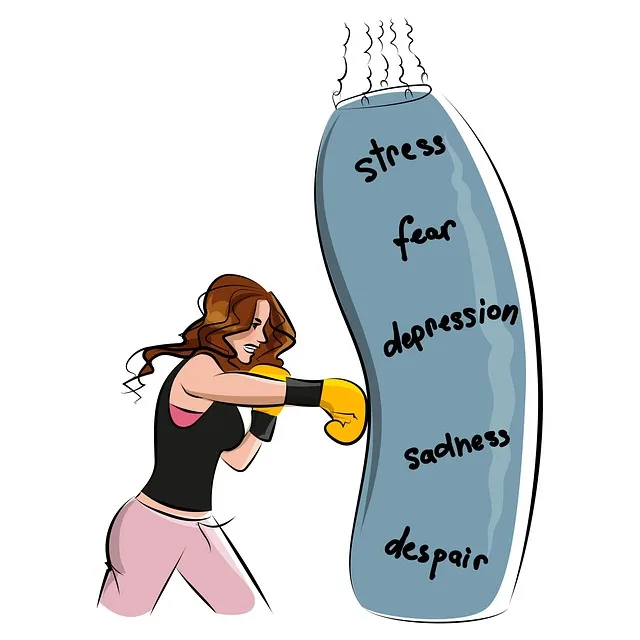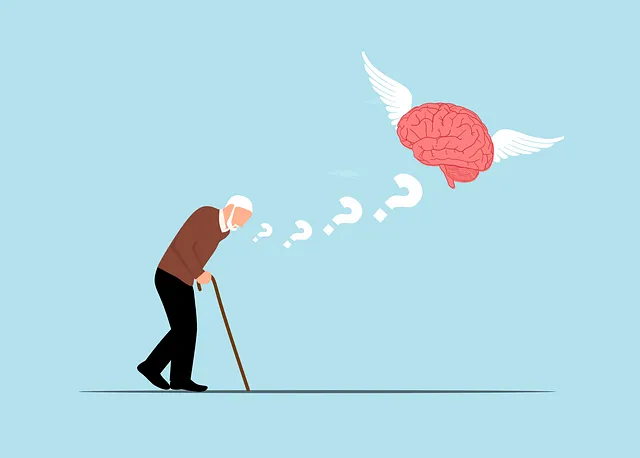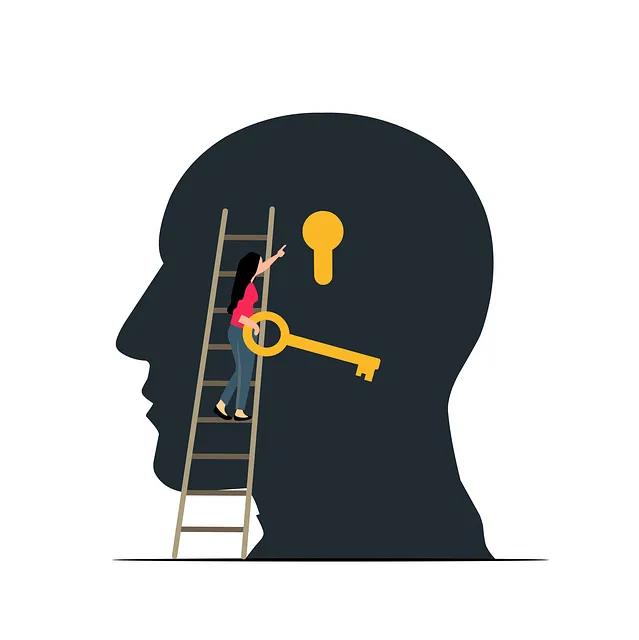Emotional Intelligence (EQ) is recognized as a crucial skill for navigating today's complex social landscape, where mental health challenges are prevalent. Organizations like Kaiser Permanente in Littleton are addressing this through holistic patient care and mental health therapy services. The Mental Health Policy Analysis and Advocacy field advocates for policies supporting resilience-building education programs in schools, workplaces, and communities, leading to improved well-being and productivity. As residents inquire about Littleton does Kaiser cover mental health therapy, the growing importance of EQ and mental health as societal pillars becomes evident. Kaiser Therapy offers tailored strategies focusing on self-awareness, coping mechanism development, social skills training, stress management, and cultural sensitivity, empowering individuals to lead more balanced lives.
Emotional intelligence (EI) is a powerful tool for personal growth and successful relationships. Understanding and managing your emotions, as well as empathizing with others, can significantly impact your overall wellbeing. This article explores the importance of EI, providing insights into how Littleton’s approach to mental health therapy enhances this skill set. We also delve into strategies offered by Kaiser Therapy to help individuals build emotional intelligence, offering a comprehensive guide for those seeking to navigate their mental health and strengthen their EI.
Find out if Kaiser covers mental health therapy in Littleton, as these resources could be pivotal in your journey towards emotional well-being.
- Understanding Emotional Intelligence and its Significance
- Strategies Kaiser Therapy Offers for Building Emotional Intelligence
- Littleton's Approach to Mental Health Therapy and EI Enhancement
Understanding Emotional Intelligence and its Significance

Emotional intelligence (EQ) is a person’s ability to recognize, understand, and manage their own emotions, as well as recognize, interpret, and influence the emotions of others. This skill set goes beyond mere emotional awareness; it involves effectively using emotional information to guide thoughts and actions.
In today’s complex social landscape, where mental health issues are increasingly common, developing EQ is more important than ever. Organizations like Kaiser Permanente recognize this and incorporate mental health therapy into their services, aiming for holistic patient care. The Mental Health Policy Analysis and Advocacy field plays a crucial role in shaping policies that support such initiatives. By promoting resilience building through mental health education programs design, schools, workplaces, and communities can foster environments conducive to emotional well-being. This, in turn, enhances productivity, creativity, and overall life satisfaction.
Strategies Kaiser Therapy Offers for Building Emotional Intelligence

Building emotional intelligence is a vital journey for personal growth and well-being, and Kaiser Therapy in Littleton offers tailored strategies to support this process. One key approach they emphasize is self-awareness, helping individuals recognize and understand their emotions effectively. Through individual therapy sessions, clients can explore their feelings, identify triggers, and develop coping mechanisms to regulate their emotional responses.
Additionally, Kaiser provides specialized programs focused on social skills training, which is crucial for enhancing emotional intelligence in interpersonal interactions. Their mental health therapists guide clients in improving communication, empathy, and conflict resolution skills. By learning to navigate relationships with greater awareness and sensitivity, individuals can foster deeper connections and improve overall emotional well-being. Moreover, stress management techniques are an integral part of the process, as chronic stress can hinder emotional intelligence development. Kaiser’s comprehensive approach addresses burnout prevention, equipping individuals with tools to manage their mental health effectively.
Littleton's Approach to Mental Health Therapy and EI Enhancement

Littleton’s approach to mental health therapy emphasizes a holistic view of well-being, which includes not just treating symptoms but fostering emotional intelligence (EI). This method, often referred to as the Littleton Model, incorporates strategies that enhance cultural sensitivity in mental healthcare practice, ensuring support tailored to individual needs and backgrounds. By prioritizing understanding and managing emotions, clients develop better coping mechanisms and build resilience.
The model encourages clients to cultivate emotional regulation skills, enabling them to navigate life’s challenges with more adaptability. This process involves exploring feelings, gaining insights into their triggers, and learning effective ways to respond rather than react impulsively. As such, Littleton’s therapy goes beyond traditional mental health care by equipping individuals with the tools to lead more balanced and fulfilling lives, especially in the context of Littleton does Kaiser cover mental health therapy.
Emotional intelligence is a powerful tool for personal growth and effective communication, as evidenced by strategies offered by both Kaiser Therapy and Littleton’s approach. By understanding emotional intelligence and its significance, individuals can navigate relationships and challenges with greater ease. If you’re wondering whether Kaiser covers mental health therapy, many of their services cater to these needs, providing comprehensive support for enhancing emotional intelligence. Littleton’s unique methodology further enriches the journey towards better mental health and heightened EI, offering a holistic approach that combines traditional therapy with innovative techniques. Together, these strategies empower individuals to lead more fulfilling lives by recognizing and managing their emotions effectively.






